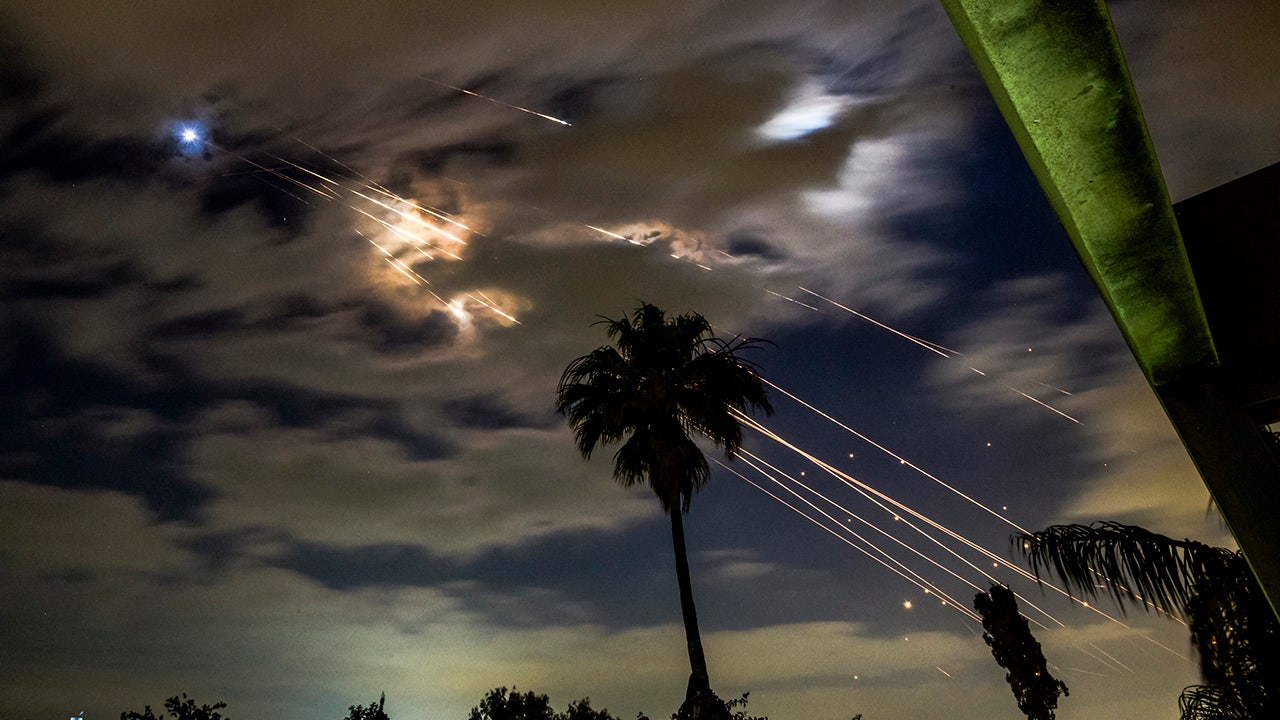Israel and Houthi Rebels Engage in Escalating Conflict
Israel has launched a series of airstrikes targeting facilities associated with the Houthi rebels in Yemen, marking a significant escalation in tensions. The strikes were a direct response to an alleged attack on a Liberian-flagged ship in the Red Sea. The vessel was reportedly hit by explosives and small arms fire, causing it to take on water and forcing the crew to abandon ship. To date, the Houthis have not officially claimed responsibility for the incident.
Before launching its attacks, the Israeli military issued a warning, stating that the targeted ports in Hodeida, Ras Isa, and Salif are used by the Houthi regime to transfer weapons from Iran. These weapons, according to the military, are utilized in terrorist operations against Israel and its allies. The strikes focused on these critical infrastructure points, aiming to disrupt the flow of arms and supplies.
In response to the Israeli strikes, the Houthis retaliated, but Israel reported no casualties from the attack. This exchange highlights the ongoing conflict between the two sides, with each side accusing the other of aggression and undermining regional stability.
Additional Targets and Military Actions
The Israeli Defense Forces (IDF) also targeted the Galaxy Leader, a ship seized by the Houthis in 2023. The IDF stated that the vessel had been equipped with a radar system designed to track international vessels for potential terror operations. This move underscores Israel’s efforts to neutralize any assets that could be used against it or its allies.
Israeli Defense Minister Israel Katz warned of further strikes if the Houthi rebels continue their aggressive actions in the Red Sea or other regions. His statement emphasized a firm stance against any threats to Israel, saying, “What’s true for Iran is true for Yemen. Anyone who raises a hand against Israel will have it cut off. The Houthis will continue to pay a heavy price for their actions.”
Houthi Response and Strategic Intentions
The Houthi military spokesman, Brig. Gen. Yahya Saree, responded by asserting that the group is fully prepared for a sustained and prolonged confrontation. He mentioned plans to maintain a naval blockade, indicating the Houthis’ intent to continue their resistance against perceived external threats.
This conflict is not isolated; it is part of a broader regional struggle involving multiple actors. U.S. Army General Michael Kurilla recently testified before the House Armed Services Committee, emphasizing that Iran remains the primary reason the Houthis continue to pose a threat. He added that the terrorist network would likely collapse without Iranian support.
Political Context and International Implications
The recent escalation comes just hours before President Donald Trump is set to meet with Israeli Prime Minister Benjamin Netanyahu at the White House. The leaders are expected to discuss the future of Gaza, with Israel insisting that Hamas must be completely removed from the region. This meeting highlights the high stakes involved in the ongoing conflict and the potential for further diplomatic and military actions.
As the situation continues to evolve, the international community remains watchful. The involvement of powerful nations like the United States and the strategic interests of regional players add layers of complexity to the conflict. The Red Sea, a vital maritime route, has become a focal point for tensions, with both sides vying for control and influence.
The conflict between Israel and the Houthi rebels is a reminder of the fragile nature of peace in the Middle East. As both sides continue to escalate their actions, the need for dialogue and de-escalation becomes increasingly urgent. The path forward remains uncertain, but the implications of this conflict extend far beyond the immediate region, affecting global security and stability.







